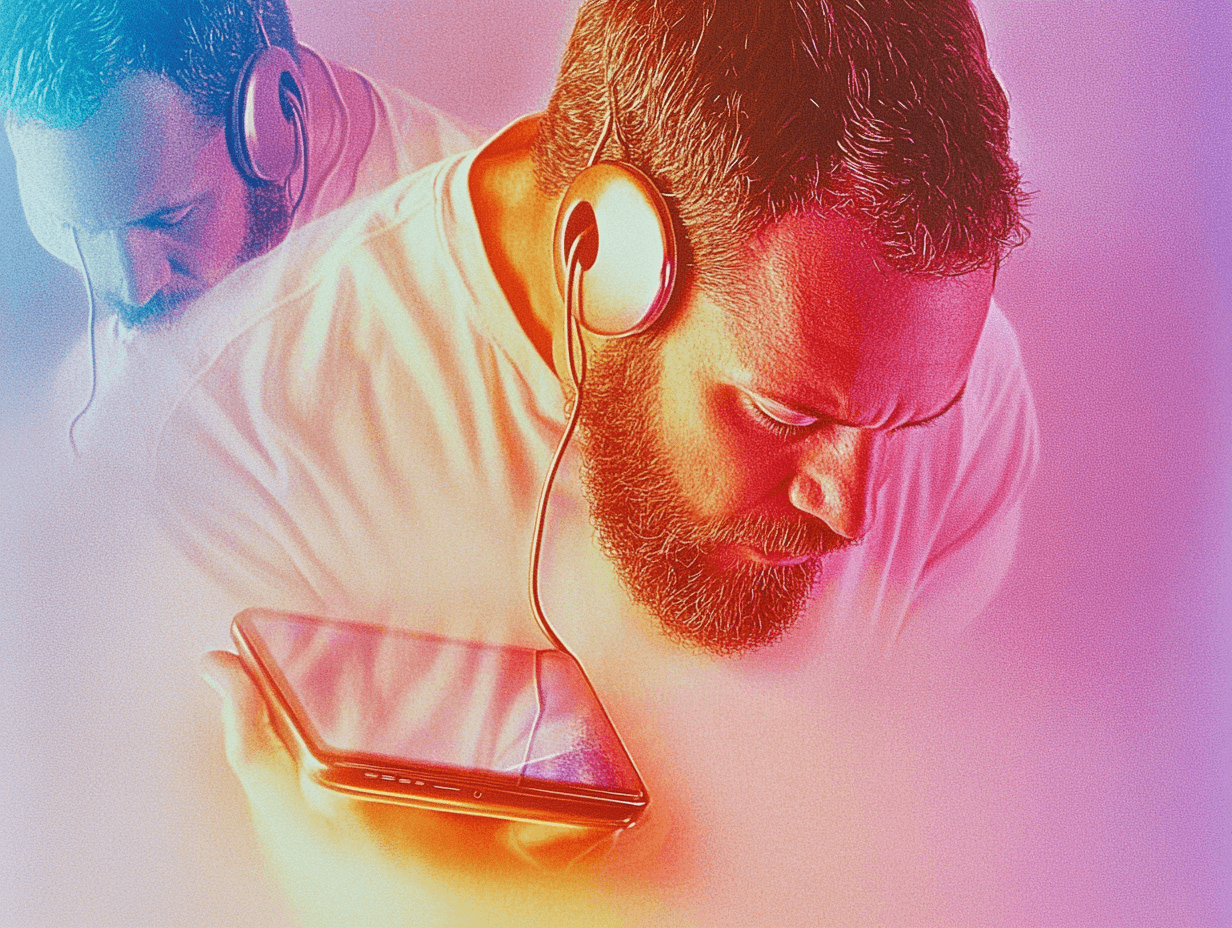Why do we hate our voice when we hear it in videos?

Have you ever recorded your voice and cringed at the sound of it? Maybe you thought to yourself, "Is that really what I sound like?" You are not alone. Many people feel uncomfortable and self-conscious about hearing their own voice played back to them. In this blog post, we will explore the reasons behind this phenomenon and how we can learn to embrace our unique voice.
First, let's understand why we hear our own voice differently than others do. When we speak, sound waves travel through the air and vibrate our eardrums. This creates an internal sound that we perceive as our own voice. However, when we hear a recording of our voice, we are listening to it through external speakers or headphones. This means we hear our voice as others do, which can be a jarring experience.
Secondly, our perception of our own voice is shaped by our internal expectations. We have a mental representation of what our voice sounds like based on our own experiences of speaking and hearing ourselves. This mental representation is often more positive than what we hear on a recording. When we hear our recorded voice, it can feel like a betrayal of our expectations. We may feel embarrassed or disappointed that our voice does not match up to what we thought it sounded like.
Thirdly, there is a cultural element to our discomfort with hearing our recorded voice. Our society places a high value on vocal qualities such as pitch, tone, and accent. We may compare our voice to those we hear on the radio, TV, or in movies and feel inadequate if we do not measure up. We may also be self-conscious about our accent or pronunciation, especially if it differs from the dominant culture.
So, why do we hate our voice when we hear it in videos? It is a combination of factors, including the difference between our internal and external perceptions, our expectations, and cultural influences. But what can we do about it?
The first step is to recognize that everyone feels uncomfortable hearing their recorded voice at first. It is a natural reaction to a new experience. The next step is to practice self-compassion. Remember that your voice is a unique part of who you are, and there is no "right" or "wrong" way for it to sound. Instead of criticizing yourself, try to focus on the positive aspects of your voice. What do you like about it? What makes it special?
Another useful technique is to reframe your thoughts about your voice. Instead of thinking, "I hate my voice," try saying to yourself, "My voice sounds different on a recording, but that's okay." This acknowledges the difference in perception while also accepting that it is a normal part of the process.
Finally, it can be helpful to practice listening to your recorded voice regularly. This desensitizes you to the initial discomfort and helps you become more accustomed to the sound. You may even begin to appreciate certain qualities of your voice that you previously disliked.
In conclusion, the reason we hate our voice when we hear it in videos is a complex combination of internal and external factors. However, with practice and self-compassion, we can learn to embrace our unique voice and feel confident in sharing it with others. So, the next time you record your voice and feel that familiar discomfort, remember that it is a normal reaction, and you are not alone.
